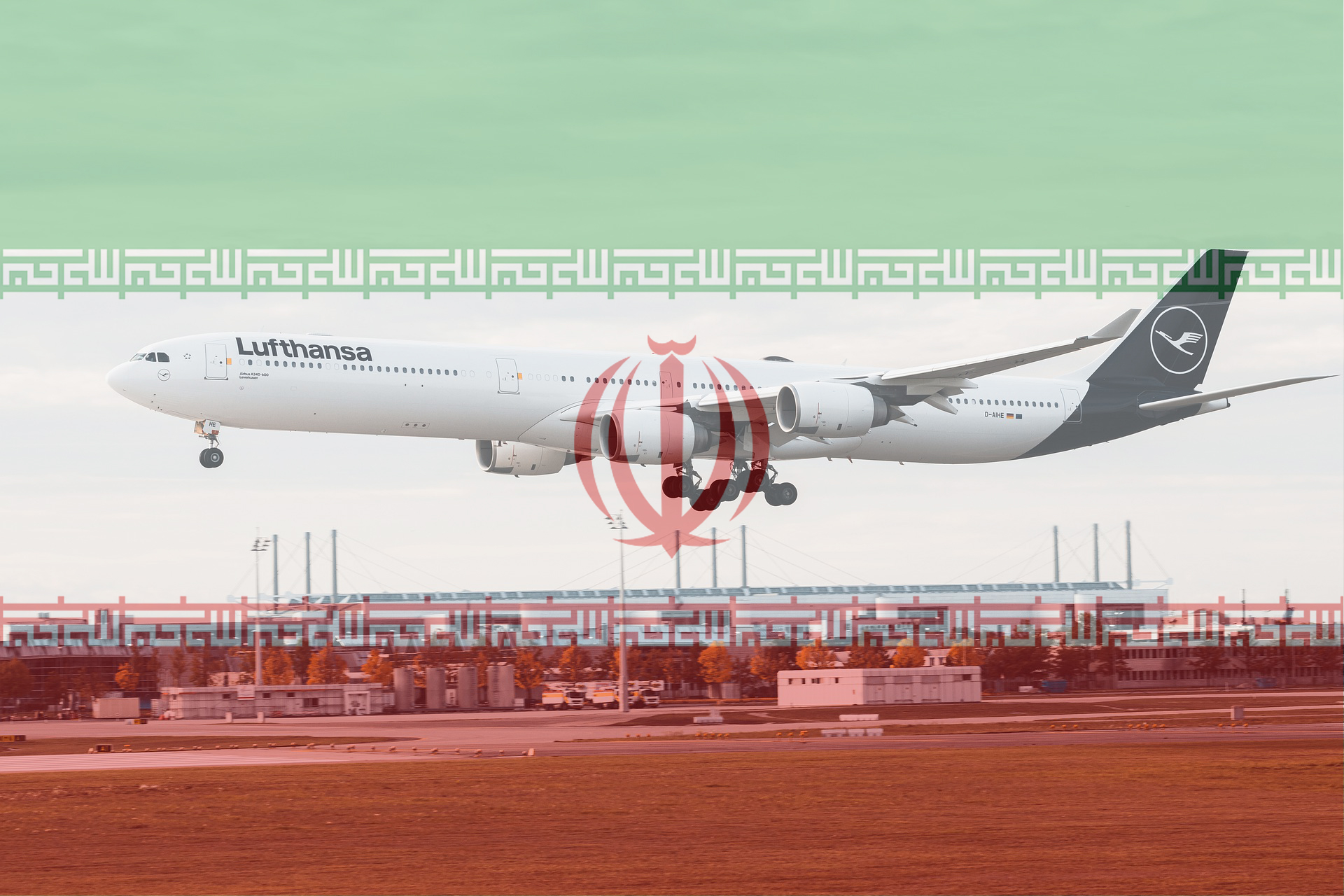The Middle East braces for a potential Iranian retaliation as Germany's Lufthansa airline suspends flights to Tehran. This move comes amidst heightened tensions following a suspected Israeli airstrike on an Iranian embassy compound in Damascus earlier this month. The strike resulted in the deaths of several Iranian officials, prompting Iranian Supreme Leader Ayatollah Ali Khamenei to vow punishment for Israel.
Lufthansa's decision to suspend flights reflects growing concerns about the safety of commercial air travel in the region. The airline cited the need to prioritize crew safety, specifically avoiding overnight layovers in Tehran. This move has raised questions about whether other airlines will follow suit, potentially leading to a broader disruption in regional air travel.
The Israeli government has maintained a policy of ambiguity regarding the Damascus attack. This ambiguity, coupled with Iran's history of responding to attacks with force, has fueled anxieties across the Middle East. The United States and its allies are reportedly on high alert, anticipating a potential Iranian missile or drone strike targeting Israeli military or government facilities.
Russia has also joined the chorus of concern, advising its citizens against traveling to the Middle East. This travel advisory underscores the seriousness with which international actors are viewing the current situation. Diplomatic efforts to de-escalate tensions are ongoing, but a clear path towards a peaceful resolution remains elusive.
The potential economic ramifications of a wider conflict are also a source of worry. Iran is a major oil producer, and any disruption to its oil exports could trigger a spike in global energy prices. This would have a negative impact on the global economy, which is already grappling with rising inflation.
While the specific form of Iranian retaliation remains unclear, the suspension of Lufthansa flights serves as a stark reminder of the fragile security situation in the Middle East. The potential for a military confrontation between Iran and Israel casts a long shadow over the region, with the possibility of drawing in other regional and international actors. The coming days and weeks will be crucial in determining whether diplomacy can prevail or if the Middle East is headed towards another period of violence.

